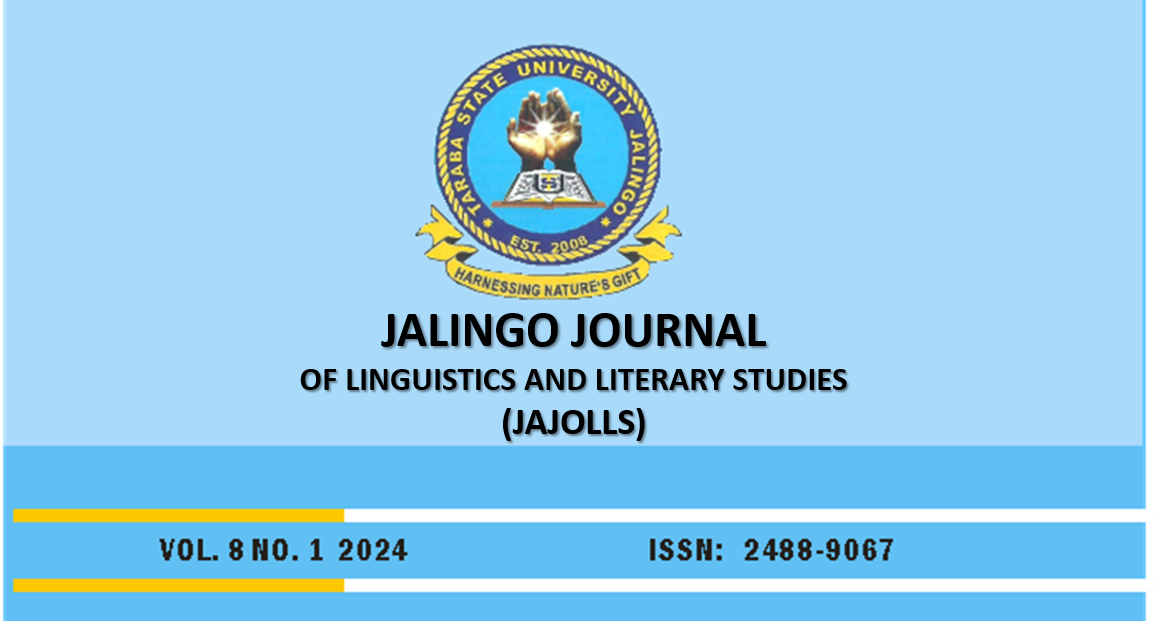Method of Noun Plural Formation in Sirzakwai Language
Keywords:
Method of noun numbers, Affixations, Modification, ReduplicationAbstract
This paper explores plural strategies in Sirzakwai (Warji), which is a minor language of West Chadic Family in Afro-asiatic phylum. Sirzakwai is spoken in Bauchi and parts of Jigawa state in northern Nigeria. It is a language with very few linguistic studies. The
language now is in the verge of extinction. The analysis adopts Beard (1995) LexemeMorpheme Base Morphology theory and Merriam’s (1998) a qualitative approach of morphological analysis. It uses simple random sampling technique and selects very few
nouns for analysis through interview, observations and grounded wordlist. The paper reveals plural strategies exist through Affixation, Reduplication and Modification. In prefixation; ci- m- n- pu- and te- bound morphemes attached at beginning of the singular base, -wi- uses in the middle of the singular bases, -se -tse -she- and shi attached at end of singular base. The study reveals Partial modification is more productive as it comprises of vowel substitution, segmental subtraction and initial vowel lengthening and complete modification consists of suppletive and zero plurals. The study recognizes partial reduplication is more productive as it comprises of internal semi-vowel alteration, internal vowel lengthening, reduplicative prefixes and reduplicative Suffixes. Complete reduplication consists of cardinal numbers and quality adjectives derive through adjective- noun process.

